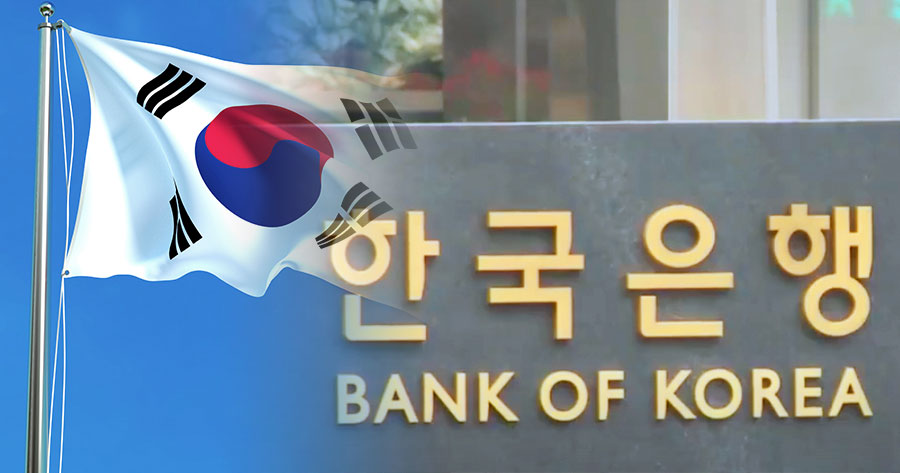A survey’s result, conducted on April 23-28 by Reuters, showed that South Korea’s export may drop this month as the effect from the U.S. President Donald Trump’s tariff started to sink in.
Based on the median response of 22 economists, the decrease this month may reach 2% YoY, a possible first YoY decline since January, when the exports rate fell by 10% due to the long Lunar New Year holiday. In addition, this month’s import is also speculated to fall by 7% YoY.
South Korea is currently facing blanket tariffs, auto imports tariff, and steel imports tariff, which is at rates of 10%, 25%, and 25%, respectively. Moreover, if the nation is unable to convince the U.S. within 90 days of the suspension period, it will also face 25% “reciprocal” tariffs.
According to several experts, South Korea is about to face the impact of these tariffs, along with the pressure from the trade war between the U.S. and China. Some of the effects may already happen as based on the first 20 days of April, South Korea’s export fell 5.2%
Furthermore, automobiles’ exports have decreased by 6.5% while steel products’ dropped by 8.7%. The shipments to the U.S. and China also fell by 14.3% and 3.4%, respectively. However, the export of South Korea’s semiconductor showed a positive sign as its rate increased by 10.7%.
According to South Korea’s central bank, South Korean automakers’ concern is rising due to the high tariff, while the chipmakers are feeling positively due to the chip’s high demand.
South Korea’s trade figures for April are scheduled to report this Thursday. Its performance will show the preview of the global state on the trade market due to the nation being Asia’s fourth-largest economy and the first major exporting country to report figures each month.





